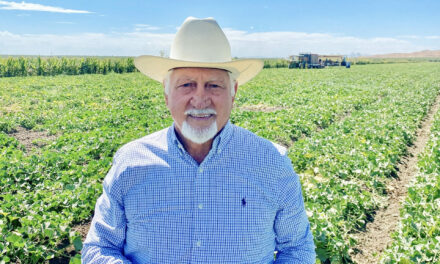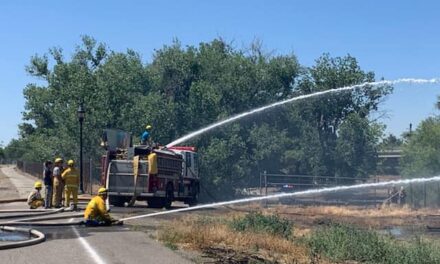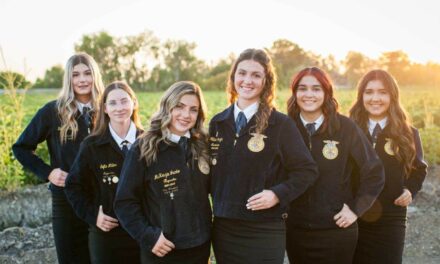The Dos Palos Portuguese community celebrated its annual festa on May 21 and 22.
The celebration featured queens, music, a parade, and of course, the traditional meal of sopas.
The event started with the Bodo de Leite, a dairy tradition brought to America from the Azores. It is somewhat like a harvest festival with residents bringing their best cheeses, sausage, milk, and homemade bread in gratitude for a bountiful year.
Farmers load up their decorated ox carts to share the produce with their neighbors and to receive a blessing for their milk producing animals to be fertile.
The dairy cow provided milk if it had a calf each year, and also served as a draft animal for pulling plows.
Cattle were essential to the Azorean’s survival, providing beef, leather, and tallow for candles and soap. In the islands, the carts were usually led by two dairy cows.
In the United States, steers or sometimes heifers serving as trained oxen are most frequent. Often, mini versions are included with goats.
The statues of two patron saints were carried in the Dos Palos parade. St. Isabel, Queen of Portugal, who in the mid-1300s started the first D.E.S. celebration in honor of the Holy Spirit, and Saint Anton of Egypt, patron of livestock and livestock handlers.
A dozen ox carts, some led by adults, others by youngsters, paraded down the main streets of Dos Palos, pausing for a blessing at Sacred Heart Church.
They then returned to the D.E.S. grounds for a free lunch of ribs, beans and salad.
Dairying was and continues to be a major industry in the Azores. It is estimated that half of all California dairies and dairy manufacturers are owned or operated by Azorean Portuguese immigrants for descendants.





